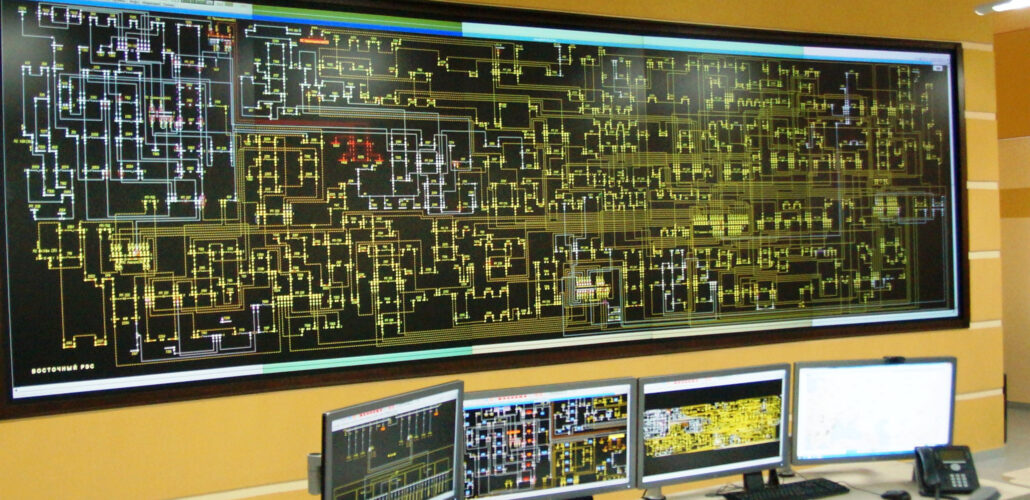Rethinking Substation Operations with Remote Monitoring
Substations play a critical role in the reliability of the electrical grid, and attacks on these facilities can have catastrophic consequences.

Image for illustration purposes.
The traditional approach to substation operations is being transformed by the implementation of real-time monitoring for critical equipment. This shift from periodic field inspections to continuous 24/7 asset surveillance has the potential to revolutionize the way utilities manage their substations.
The Benefits of Real-Time Monitoring
Real-time monitoring offers several benefits, including:
- Continuous data collection from sensors and other devices
- Early fault detection and automated alerts
- Predictive maintenance and optimized schedules
- 24/7 monitoring and visibility into substation operations
Case Study: Reduced Field Inspections
A utility company implemented real-time monitoring for its substations and reduced the frequency of field inspections from monthly to quarterly. The results showed that no significant issues were identified during the reduced inspections, demonstrating the effectiveness of the monitoring technology.
Source: Hitachi Energy
#Asset surveillance#Data center expansion#digital transformation#emergency response#energy infrastructure#Field inspections#grid reliability#Motion detection#Power grid resilience#predictive maintenance#real-time monitoring#remote monitoring#situational awareness#smart grid technologies#substation design#Substation operations#Substation security#Utility innovation#utility management#Video surveillance



